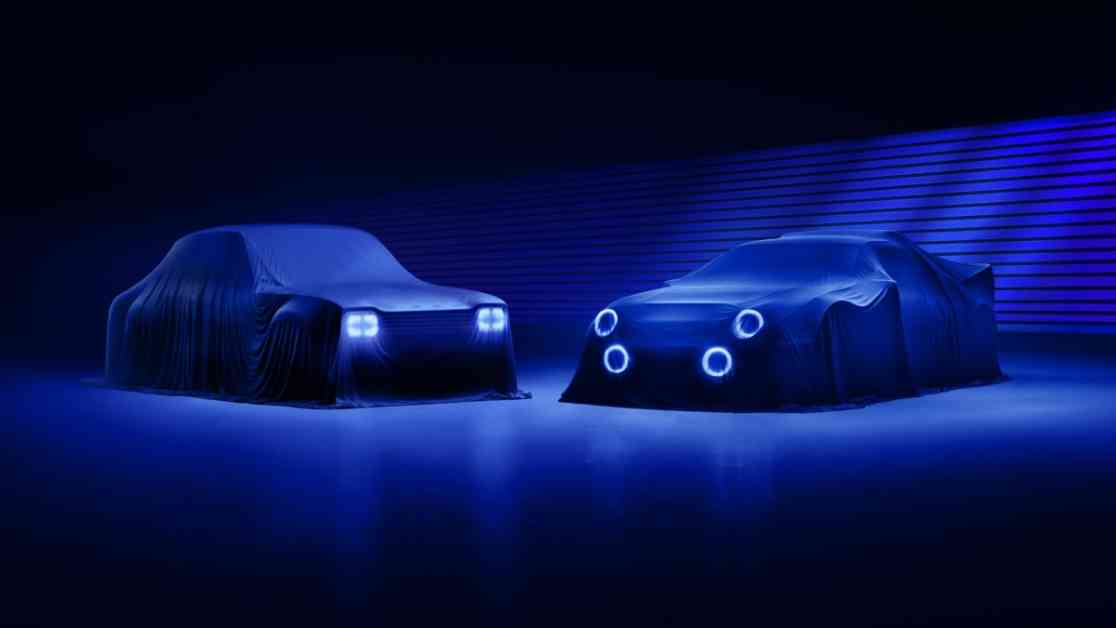Boreham Motorworks, a company based in England, is currently in the process of resto-modding two iconic classic Ford models, the first-generation Escort and the RS200 originally built for Group B racing. What sets these builds apart from others is that they have received Ford’s official approval, making them even more special.
While the official unveiling of both cars is yet to happen, the available photos show them covered with sheets, keeping their full glory hidden. However, from what we can gather, both the Escort and the RS200 have been designed to maintain the original cars’ proportions while incorporating modern design elements like LED lighting. The RS200, which was initially introduced in 1984 for the World Rally Championship’s Group B category, will feature a composite body, a mid-mounted engine, and full-time four-wheel-drive, with modifications expected in various drivetrain and chassis components.
From the sneak peeks under the cover, it’s evident that the Escort being reproduced is the rally-ready version, complete with oversized wheel arch flares not seen on the standard 1.1-liter model. These cars are being built from scratch, eliminating the need for a donor vehicle, and will come with a continuation VIN. Boreham promises that their builds will be true to the original blueprints and period-correct, appealing to enthusiasts and collectors alike.
The RS200 is set to debut in 2024, marking the 40th anniversary of the original model, while the Escort will follow shortly after. Although pricing details have not been revealed, Boreham has hinted that both models will have a very limited production run, indicating that they will likely come with a hefty price tag. Looking ahead, the company plans to modernize at least five more classic Ford models, staying true to their mission of reviving automotive legends.
Often referred to as Europe’s GT40, the RS200 holds a special place in the racing community despite being built for rallying rather than endurance racing. While the exact number of units produced is disputed, it is known that Ford had to manufacture a minimum of 200 units to meet Group B homologation requirements, leading to the car’s name. Some sources suggest that only around 140 to 150 units were actually built, contributing to its rarity and high value in the market. For instance, an Evolution model was sold for over $600,000 at a prestigious auction in 2023, showcasing the enduring appeal of this iconic race car.










